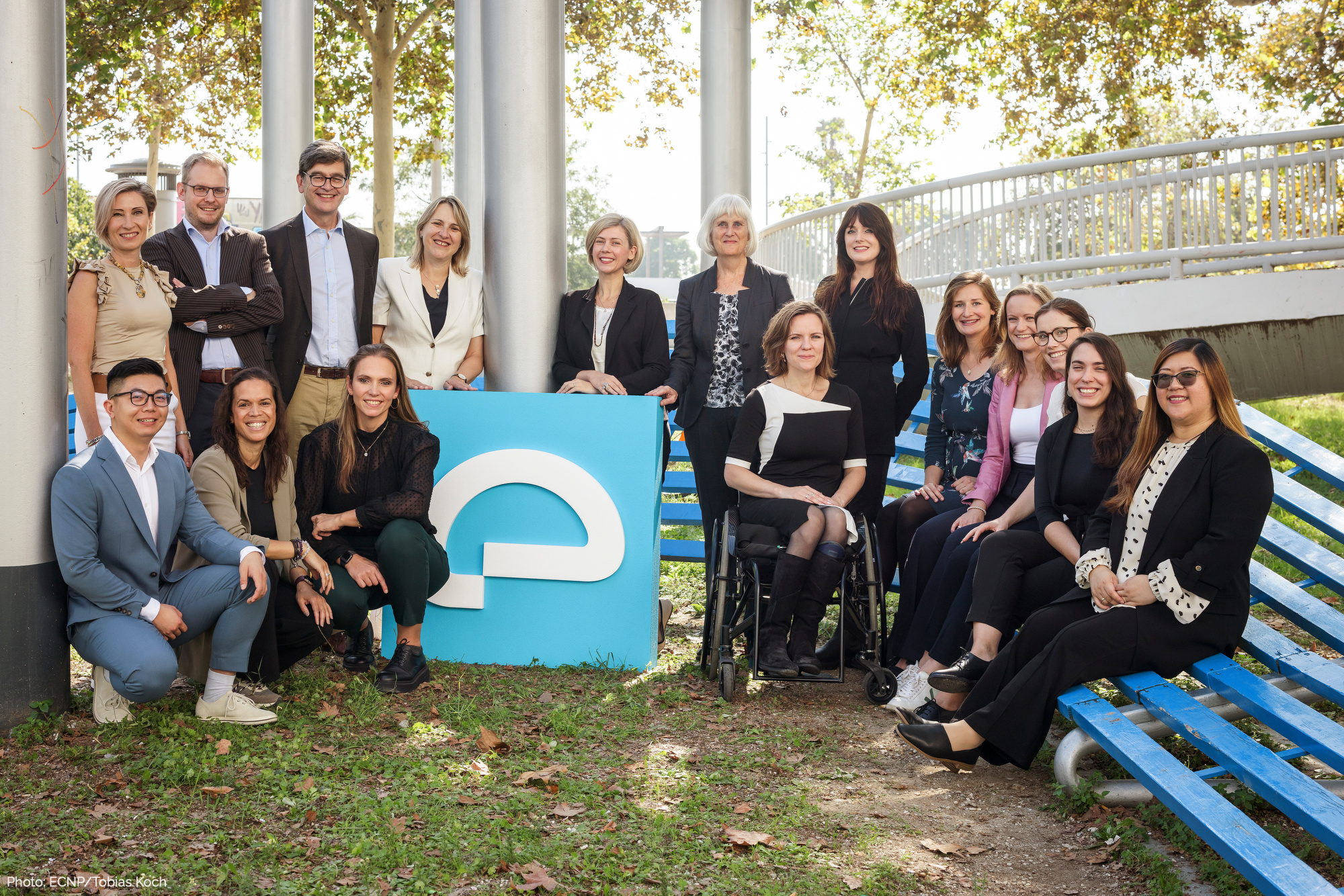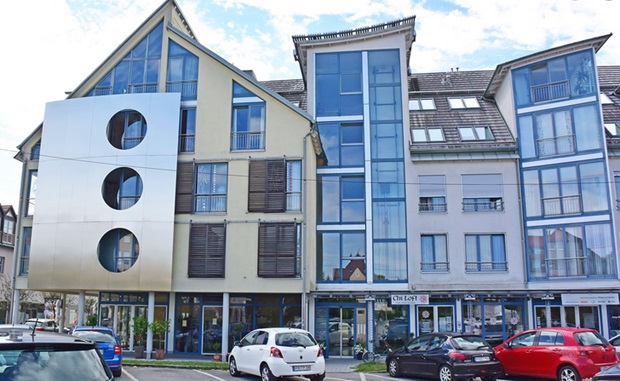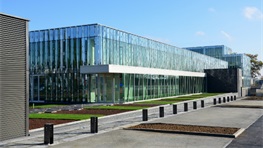Cohen Veterans Bioscience (CVB) is a U.S.-based nonprofit 501(c)(3) biomedical research and technology organisation dedicated to advancing brain health by fast-tracking precision diagnostics and tailored therapeutics. By building enabling platforms with strategic partners, CVB has adopted a team science approach to accelerating the field. CVB’s translational tools include biomarkers, preclinical modeling, biorepositories, and reference libraries. To cultivate the integration of big data across brain disorders and apply AI to build predictive models, CVB supports a data-sharing platform with the capacity to store, secure and analyse petabyte levels of data. In addition, CVB is working to optimise digital health platforms and clinical trial design.
The department of data science aims to generate novel insights into brain health and wellbeing by using advanced machine learning and AI-based technologies to investigate multi-modal datasets in both healthy populations and patients with diseases such as post-traumatic stress disorder, traumatic brain injury, and Parkinson’s. Here we focus our methods on applying a ‘systems’ approach that enables us to directly bridge between different levels of data to understand the underlying biology that cuts across existing diagnoses and better describes these disorders from a transdiagnostic perspective, enabling translation to precision diagnosis and treatment.
In the BRAINCommons, we have created a cloud-accessible and secure digital ecosystem to enable and stimulate data sharing and analysis in both public and private domains, fueling discovery and collaboration across the multidisciplinary research community, and driving diagnostic and therapeutic innovation to reduce the burden of brain-based disorders.
Cohen Veterans Bioscience (CVB) is joining the PRISM 2 project as an EFPIA Associated Partner providing funding and in-kind contributions as well as bioinformatics and technology expertise to the program. The focus of the PRISM 2 project aligns with our own mission to advance a quantitative, transdiagnostic neurobiological approach to the understanding of neuropsychiatric disorders. CVB will participate in the Steering Committee (SC) as part of Work Package (WP) 1 – Project Management and Governance as well as co-lead WP2 Data management, sustainability, and analysis, in the program. In WP2, we are responsible for enabling the storage, sharing, and analytics of the PRISM 2 data on the BRAINCommons (our cloud-enabled data and analytics platform). We will develop a data management and sustainability plan, and facilitate access to data for and beyond the duration of the project. All consortia data sets will be curated, harmonised, and uploaded to the BRAIN Commons for selective access by consortium members (Zone 3), and then at the appropriate time, made available to the broader qualified researcher community (Zone 2), as per Consortium agreement. CVB will additionally generate data pipelines and work with partners on multi-modal analysis as part of the Data & Analysis Core. As part of WP6 – Dissemination, communication, exploitation, and training, we will serve as a liaison to relevant US-based initiatives to enable the dissemination of findings for replication and validation of program results.











